What I Want to Do With My Life (or, a commentary on community)
Balancing needs in a culture without collectivity
I’ve been thinking a lot about what I want to do next with my life.
After 13 years teaching communication and connection, I want to learn, contribute, and receive more.
Meeting all these needs together will be hard. But I’ve been asking myself, “If I were really to follow my own desires, what would I do?”
The answer that comes up - more adapted to the first two needs than the second, but anything is workable - is often: I would study the prosocial moral and psychological development occurring in, and requisite for, community living.
Here’s the reason. First of all, I think community is necessary for our wellbeing. Countless studies, articles, books, and our own experience corroborates it. Former Surgeon General Vivek' Murthy’s beautiful work, “My Parting Prescription for America”, puts it well:
As I’ve traveled across America over two terms as Surgeon General, I’ve discovered something deeply disturbing: this sense of community has eroded for too many of us, with alarming consequences.
In dispirited and disheartened tones, people have confided, “I don’t have anyone to count on.” They tell me that they feel they carry life’s burdens alone—and it’s exhausting. And they often ask why we treat each other so poorly as the distance seems to grow between the qualities so many of us deem important—kindness, generosity, respect—and the values we see on display in the world around us.
…the fracturing of community in America is driving a deeper spiritual crisis that threatens our fundamental well-being. It is fueling not only illness and despair on an individual level, but also pessimism and distrust across society which have all made it painfully difficult to rise together in response to common challenges.
We need community for our individual and our social health.
So why are we so bad at it?
My Needs > Our Needs
Here’s one hypothesis. There are few situations in modern life where we have to learn to give up our individual needs for the collective good, every single day. We have no learning or formula for prosocial development.
We have lost the skill of positive negotiation, humble collaboration, and letting others win. We are no longer raised with these norms through the subtle (and overt) moral teachings of earlier ages, where our parents taught us respect, our society taught us courtesy, and our religion taught us generosity.
These days, we are left to figure out morality on our own. And as morality is a social contract, a collective invention, this is an impossible task. We are set adrift in a sea of competing needs and norms and expected to find our way to shore, surrounded by land where people shout from shaky shacks, “This way is the right one!” The citadel of religion has crumbled as we reveled in our choice of individuality - a glory of the modern age - but we didn’t account for the void this left in our ability to sensemake life. We are trying to find “right” and “wrong” without a compass to guide by.
Vivek Murthy exhorts us to rise together. Even if we were willing to give up our needs for the collective, we run into questions before we get there:
-
Who is our together? We have so many different identities, friend-groups, and possible communities that we don’t know which one to choose.
-
What does it look like to rise? How do we invent common goals and purposes without the support of tradition?
Even within ourselves, the negotiation between many different selves, potentials, and needs has become near-unbearable. We are beset by possibility on all sides - things we could do, be, believe, attain, accomplish. Instead of being more free, we are unhappier and less effective when overloaded by choices. In the midst of this inner overwhelm, we need to negotiate our own (unclear) needs with the (unclear) needs of others.
It’s no wonder we struggle. And yet, one undeniable need we have is for each other.
Community living is an incredible petri dish to study interpersonal dynamics. In very few other places do we have to develop prosocial skills. Hence my research question:
What is the prosocial moral and psychological development that occurs in, and is requisite for, community living?
How do we negotiate our own inner complexity, such that we can make choices about what morality, needs, and community to prioritize?
Once we choose a community, how do we then learn to negotiate between our needs and those of the collective? In a society that thinks of every individual priority as “self-care” and any concession as “self-sacrifice”, how do we learn to see prosociability as a positive value, without becoming martyrs to the common good?
As Kathleen Kinkade suggests in her book A Walden Two Experiment:
To be successful at community living, you have to keep adjusting your dreams to realign [with each other] without ever quite giving them up.
I see this as a skill that is absolutely essential to living in any society together. A skill, and a set of values, whose lack is causing us to slide into dissonance. A skill that community forces us to re-train. For who among us has been taught to create resonance? If we could teach this - if we could study how it is already being taught, through the demands of community living -
then, could we create the more equitable, just, and loving society which we all desire?
In my next article (or one of them), I’ll talk about some personal experience and research I’ve done on this topic so far. I’ll talk about archetypes of good versus bad community members, and what that can tell us about the attributes of positive contribution. I’ll tell you stories about my own life and what I’ve seen from 13+ years of creating and living in community, when it comes to finding or forming members with the right mindset to co-exist.
Before I end this article, I want to tell you a story that illustrates the tension between individual and collective good, between love and personal needs, between friends and family. It’s the messy story of how my current living community formed, broke, and became again.
The Collective Dream
I live on a 7-acre plot of land just outside of Austin, Texas, close to a town called Bastrop. There is a gate to our community, which, at the start of our story, remained closed unless someone was passing through. Now it is always open (unless coyotes are in the neighborhood). This is the story of how we opened, and everything we won and lost along the way.
I moved here in 2020. My friends Carrie and Chris had bought the land a few months before. Being between homes and tired of losing them, I decided to buy a tiny house on wheels and move it out to the property. When I arrived there were 6 residents - me, Carrie, her daughter Bianca, her brother Curt, Chris, and his dad Kim. We soon gained our friend Sophie, who lived in Carrie’s closet.
The first year on this property was heaven. What with pandemic, we didn’t have much reason to leave, and we didn’t want to. We made food for each other most days and had family dinner once a week. We helped Chris build farm rows and a humanure compost system. We did trips and ceremonies on the land. In the winter, every evening, we snuggled on a giant couch in front of the wood-burning hearth and watched movies or talked. Sure, there were tensions, but the overwhelming feeling was one of love.
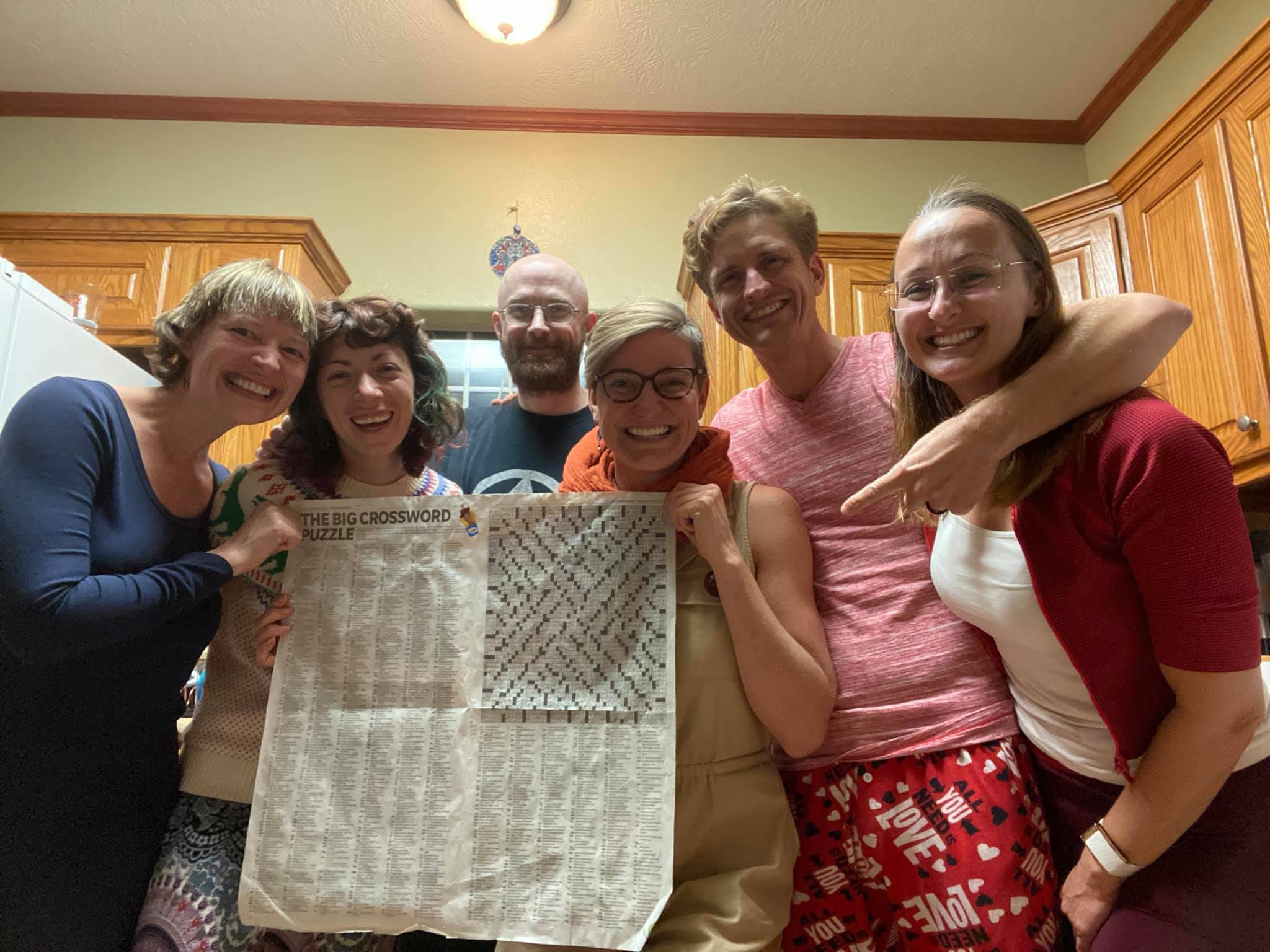
having finished a giant winter crossword puzzle together
We felt like a family more than a community. As such, we didn’t put in place many norms. Family dinner each week was a constant ritual, and we did over time develop agreements around how long the dishes could sit in the sink or how we announced guests coming over. But the larger questions - like “Who are we for?” and “What is the purpose of this community?” - didn’t seem worth the conversation. We were for us, to support and enjoy each other, to invite over the friends we liked, and to live and build together.
Relative to the rest of the group, I was in a fairly static place in my life. I was in a stable(ish) relationship with Geof, in a job I enjoyed, not intending to move anytime soon. I projected this reality on everyone else. My needs were getting fulfilled; of course theirs were too! As people, we are prone to think that our own thoughts and feelings are the norm.
But lives, and needs, change.
Carrie’s daughter Bianca - my god-daughter for a few years - passed away. In the aftermath of everyone’s grief, Carrie found a wonderful man, Ryan, who she later married. We were all very happy for her. After marriage, she changed her name to Aliceanne.
Unfortunately, Aliceanne’s new husband did NOT want to live in community. He got gradually more overwhelmed by the energy and uncontrollability of being around others who were not his family. He and Aliceanne switched with A’s brother Curt, who had been living in an RV on property, for them to take the RV and Curt to live upstairs in the common house. Ryan stopped coming to community dinners or events.
Now Curt’s needs were endangered. He was highly sensitive and had trouble sleeping. Living right above the main kitchen and living room was impossible.
At this point, we could have done something smart.
We could have taken a step back and said, “How do we solve this problem together? Some members of the house are having needs incompatible to their situation. As a collective, let’s figure it out. Do we fundraise for a separate house or RV for Curt? Do we split the property? Do we have different levels of membership and inclusion, so Ryan can officially not participate in community activities? Or do we create clear norms around what participation is required for living here? Who makes these decisions anyways?”
All that would have been intelligent. But in the complication of the moment, in our lack of defined processes and rituals for dealing with conflict, we just slid further and further into trouble.
Eventually, as is often the case, a seemingly small issue - someone making noise in the kitchen after Curt’s bedtime of 9 or 10pm - blew up. Aliceanne, Curt, and Ryan wanted to kick the person off the property; the rest of the group rallied behind the offender; and the cracks in our community became chasms.
In retrospect, there were several tension points that had been boiling underneath the surface, where the needs of individuals diverged and the “collective” was undefined.
-
Collective identity. Often, in communities, there are needs for the health of “the collective” (like “common space”, “communal meetings or dinners”, or “decision-making protocols”), as well as needs for individuals. Because not everyone on property was bought into the idea of a “collective” - I believe that Ryan and Curt’s underlying frame was that this was a family property where other tenants lived - the needs of the community as a community weren’t protected. This, I believe, was the greatest schism and would have sunk us no matter what else occurred. The frame of what something is has to be agreed upon by everyone, or, for instance, I think we’re in loving relationship and you think I’m just renting space in your house.
-
Power disparities. Without a decision-making structure, the co-owners of the property - Aliceanne and Chris - de facto had more power. When Ryan became part of Carrie and they merged into one collective Transformer, this disparity weighted in their family’s favor. Early on we should have clarified a) what decisions needed to be made together, and b) when and how we made them together. As it was, the needs of the Transformer started to take priority, and the tenants (such as myself) had little ground to push back.
-
Expectations around openness. The property was founded during pandemic, and during a time when both Carrie and Chris were unattached and community-minded. Our default was to have nobody, individuals, or small groups of friends over. We had discussed a vision of being a place community in general could come, but that interest wasn’t tested until post-pandemic, when Carrie was already married. Opening up to host larger events like my Authentic Leadership Training and Sophie’s Bloody Easter was one of the stresses that caused Ryan to withdraw.
-
Change in focal point - When Bianca was alive, a good chunk of the group’s raison d'être (at least for me and Carrie) revolved around creating a stable home and support for her. After she died, the glue of that purpose no longer existed. We didn’t have anything we were “for” together.
I could name other dynamics, but I think most of them were downstream of the above. We hadn’t defined the foundations of our us. When one individual was lost and then a new, socially powerful person was included, the loose coalition of aligned needs that had formed our “community” changed - all the needs were no longer aligned - and without a collective identity, or even an identity as a collective, we had no larger principle to help or hold the necessary negotiations.
So, we fell apart.
We were very lucky that our situations allowed us to do so in a non-too-painful way, and that everyone was at least now honest about their needs. After the schism, a mediocre mediator came to host a group conversation with us, and helped us come up with solutions to our visible problems. Solving these would have done next to nothing, because the underlying issues would quickly have re-emerged. But a few weeks after the conversation Aliceanne approached the rest of us and said, “Ryan, Curt, and I want to move out.”
Geof and I decided to buy Aliceanne out of the mortgage. Geof moved in. One of the first things our new, smaller group did was to hold a retreat where we defined our collective identity and decision-making protocols!
To be honest, those have now slipped. When needs seem aligned, and when the vision is clear, it’s hard to keep the strictures of protocol that aren’t in-the-moment necessary. I don’t even know if this is a bad thing. These days, I like less stress and less structure. But perhaps we, too, will face a mis-alignment due to our looseness, and need to re-define or risk splitting apart.
But I have come to believe that, painful as it is, splitting apart isn’t always a bad thing. When needs are too different, trying to be a “community” can ask too much. There must be a balance between my needs and our needs. There is a constant calculation and re-calculation of what makes sense for who I am, and who I want to be; who we are, and who we want to be.
Our community is still changing. Now, our aging parents are moving in. Will they want the same things we do?
Post-note: because of writing this, I just messaged Chris - whose wife Raeven’s mother is moving in this week - to ask about hosting a little visioning retreat all together as a house. As they say, an ounce of prevention is worth a pound of cure.
That’s all, folks.
Your loving Thought Dom,
Sara Ness

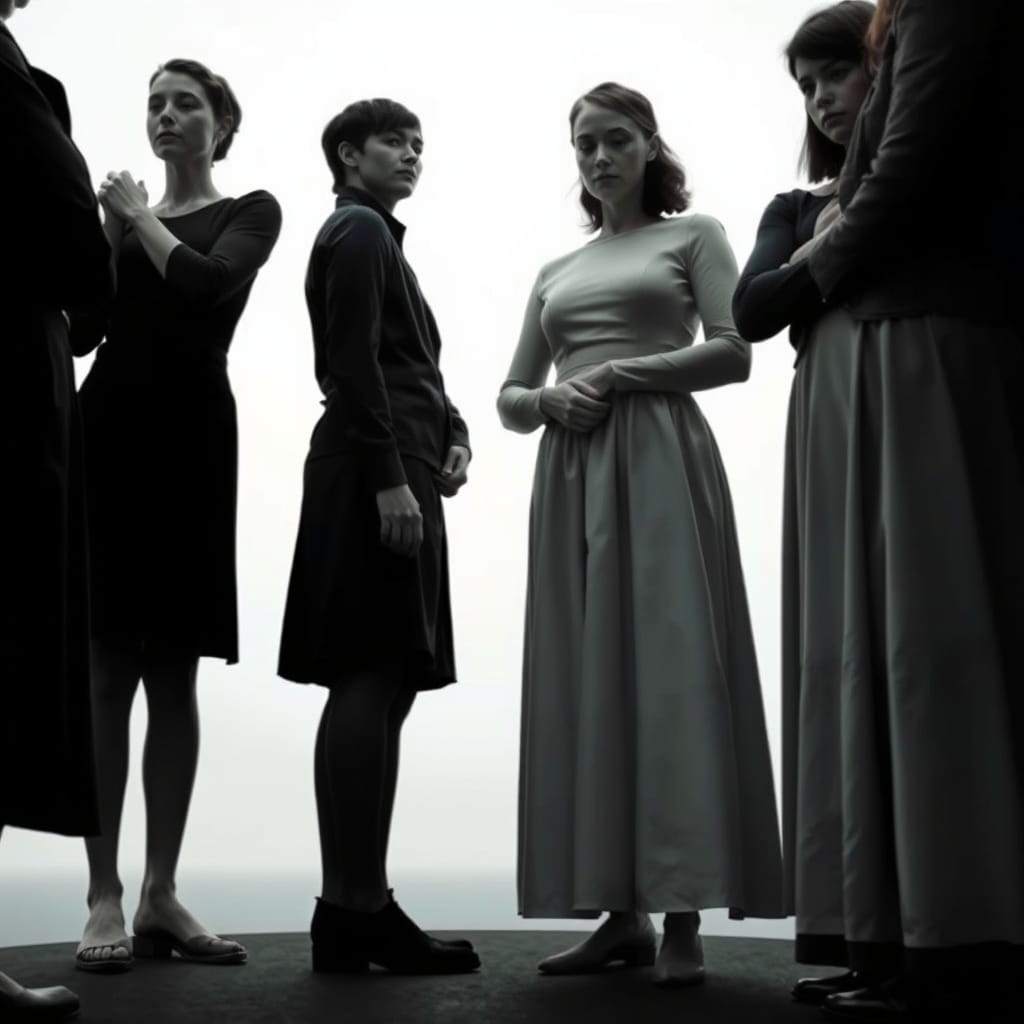
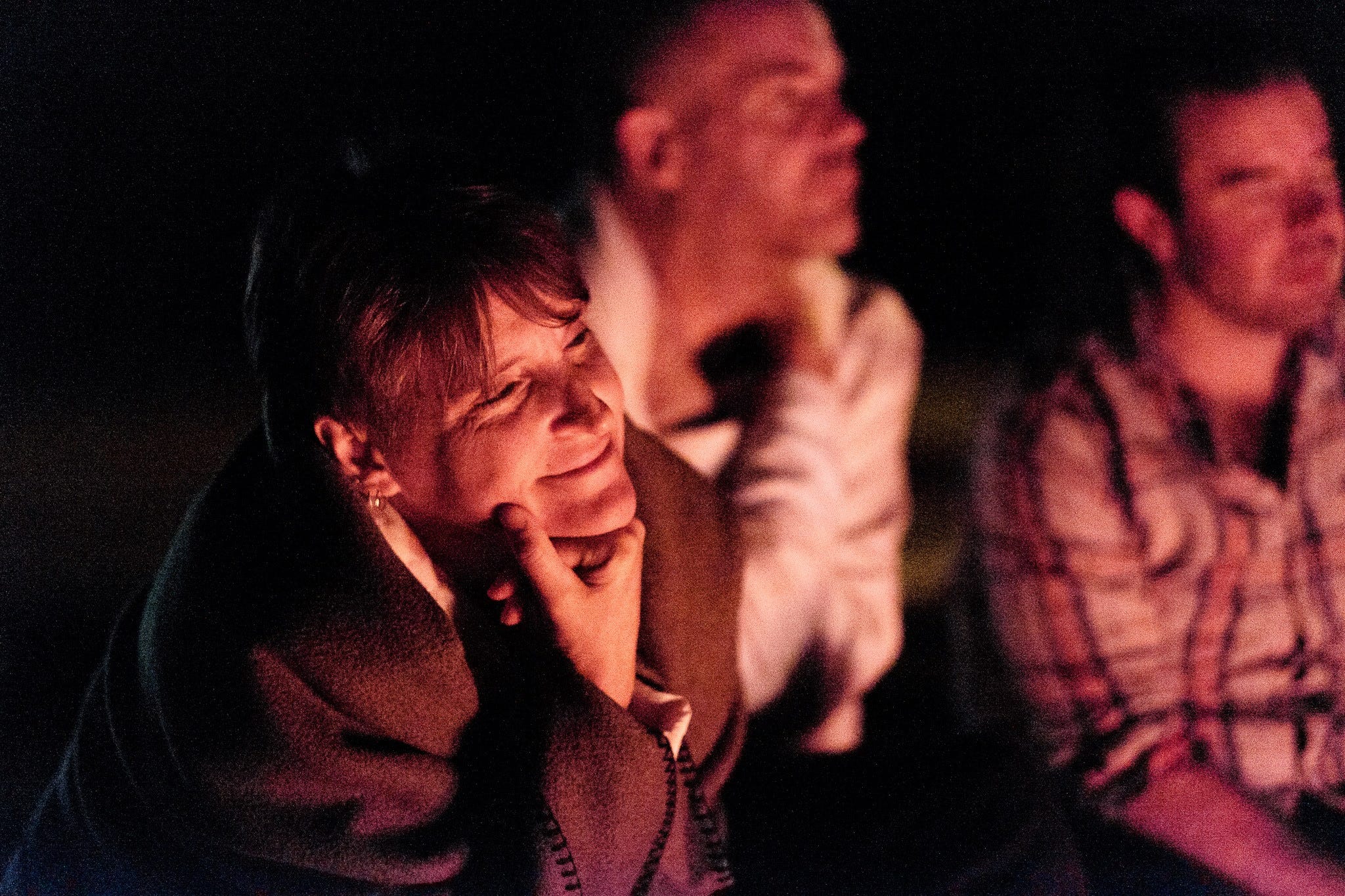
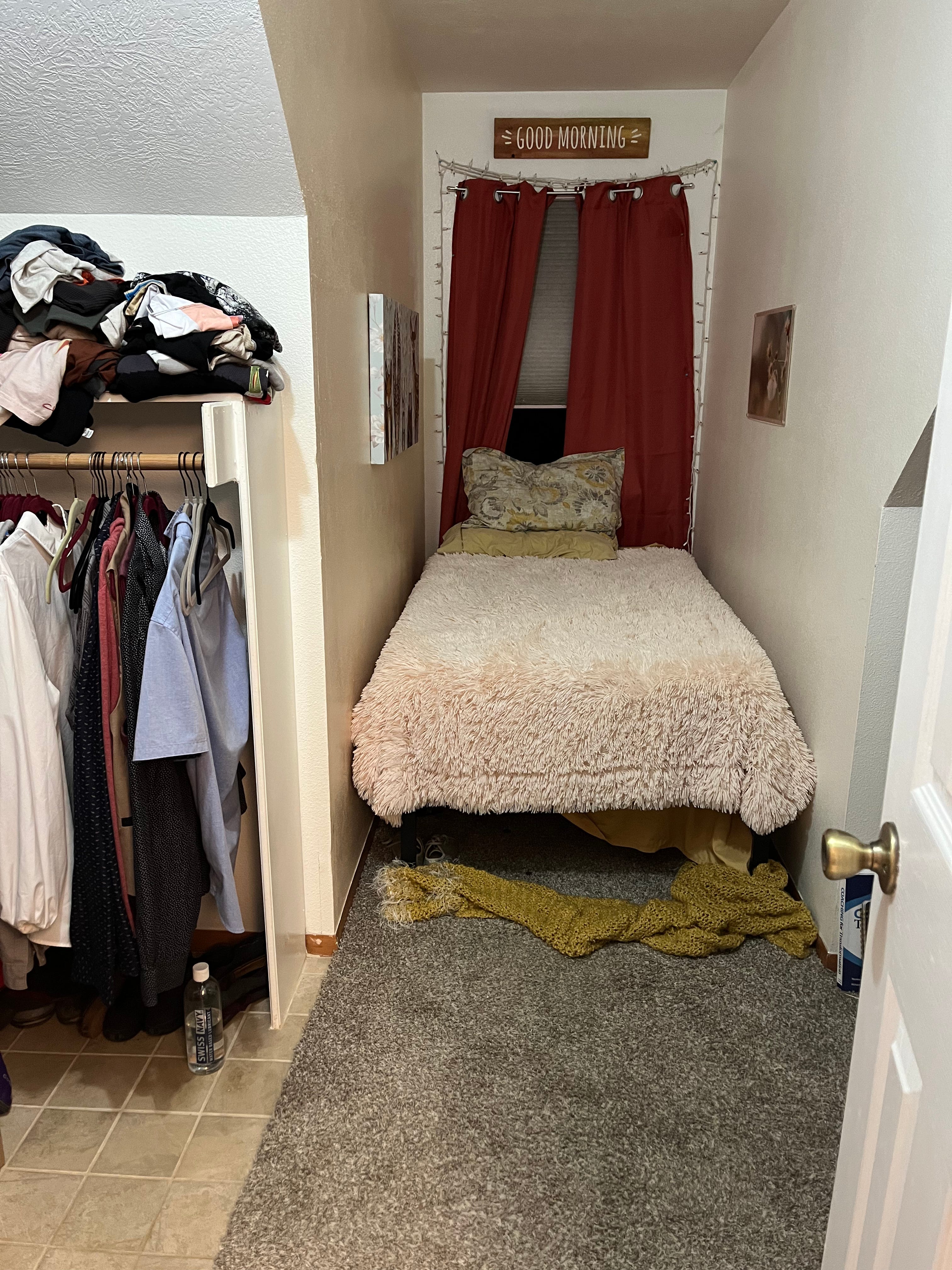
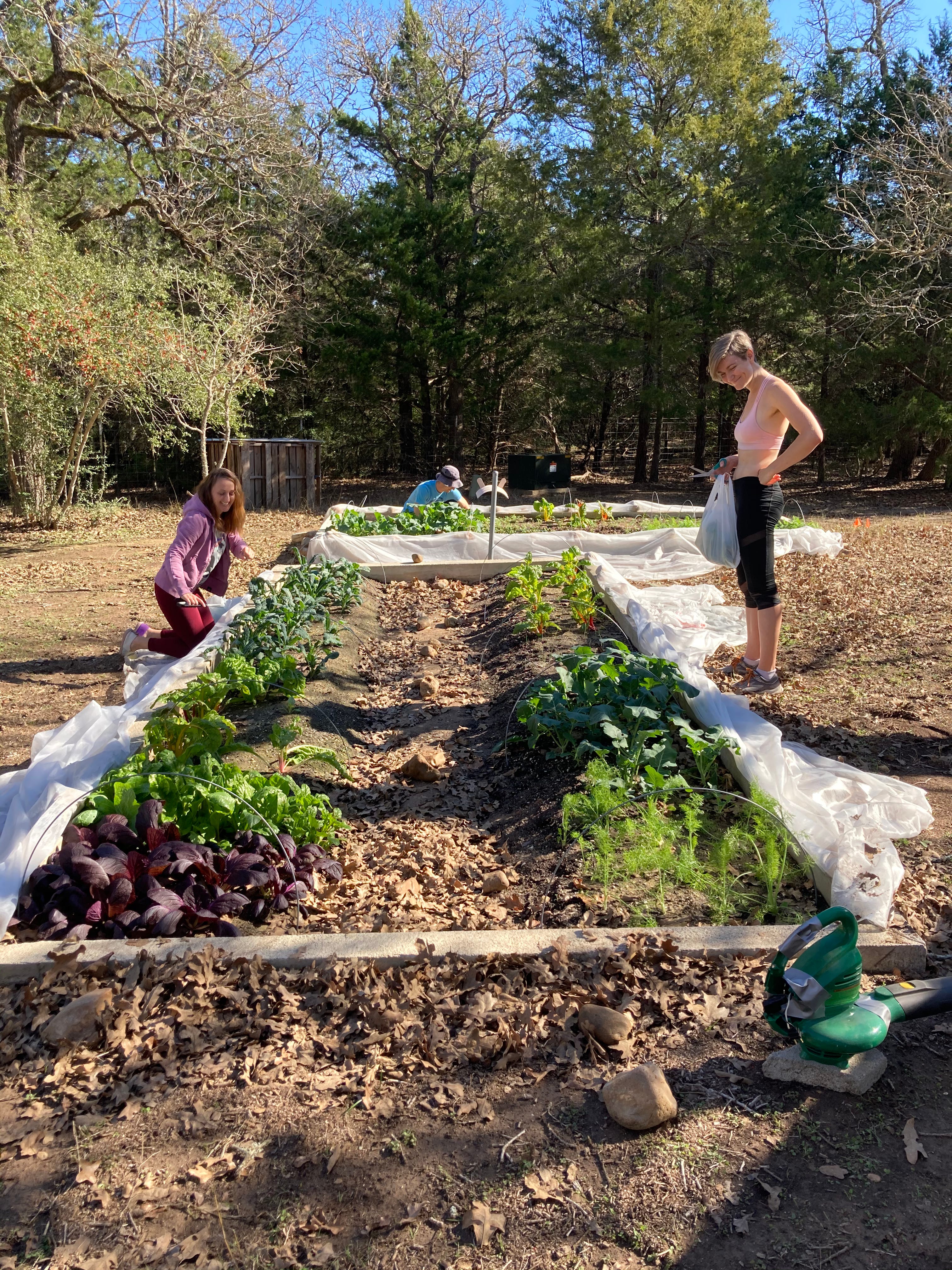
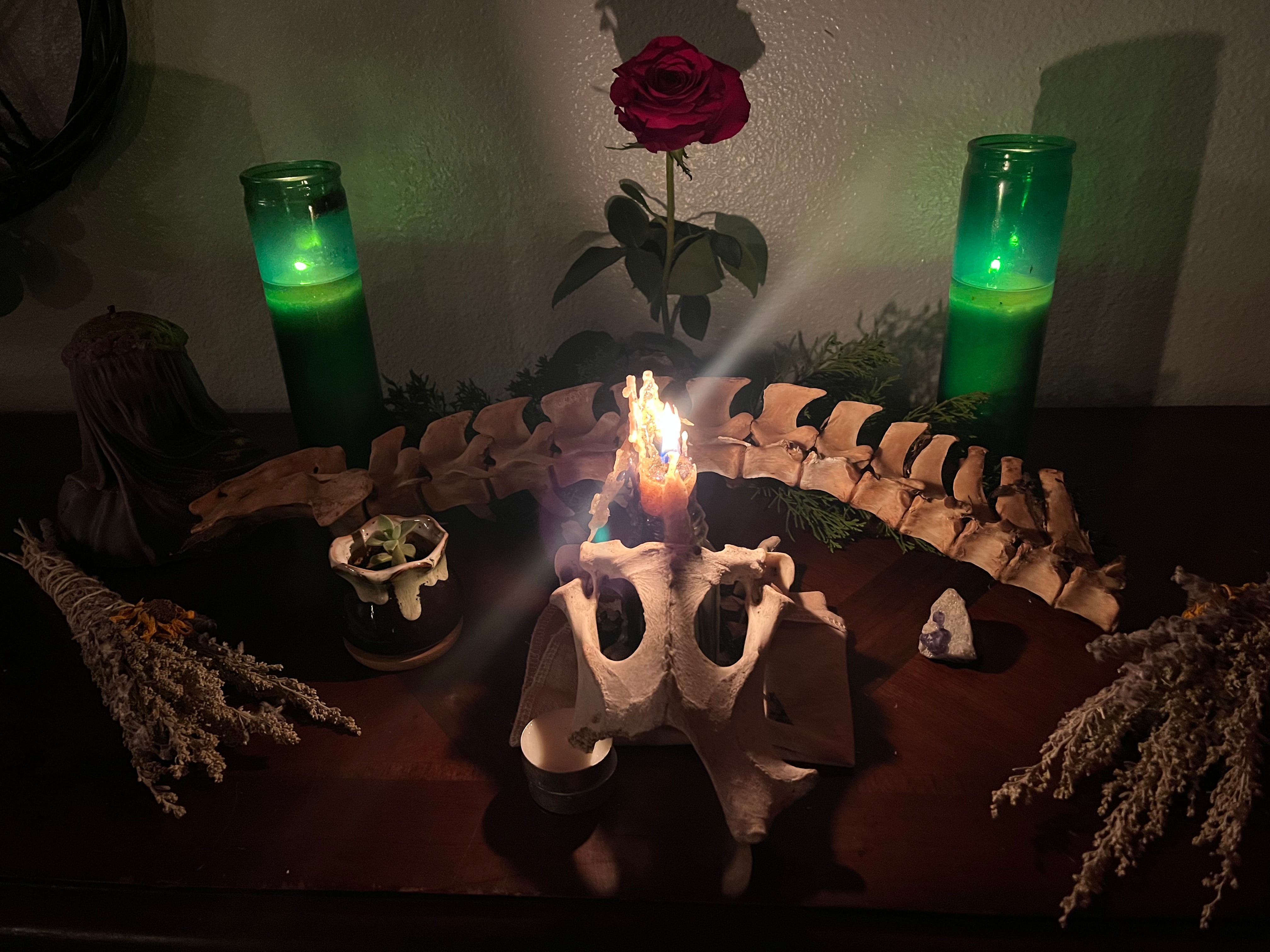
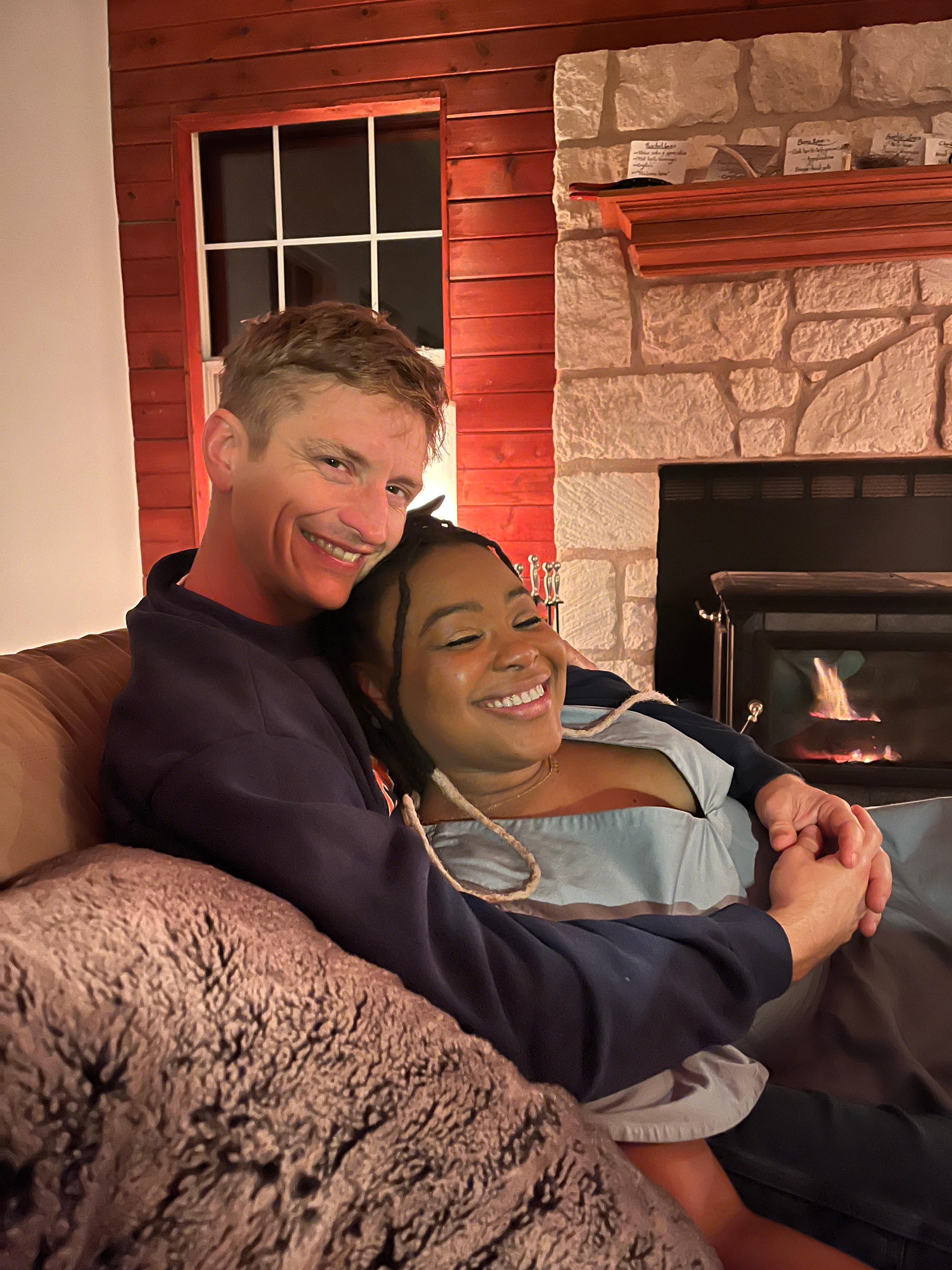

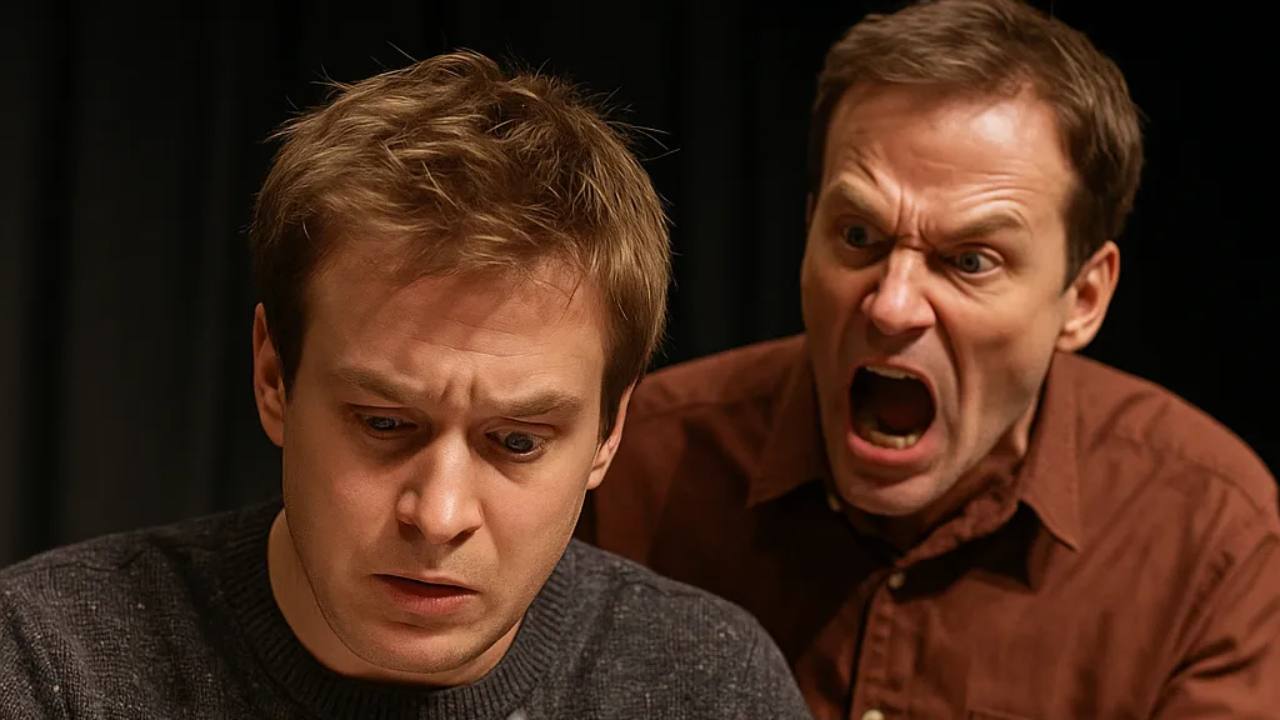
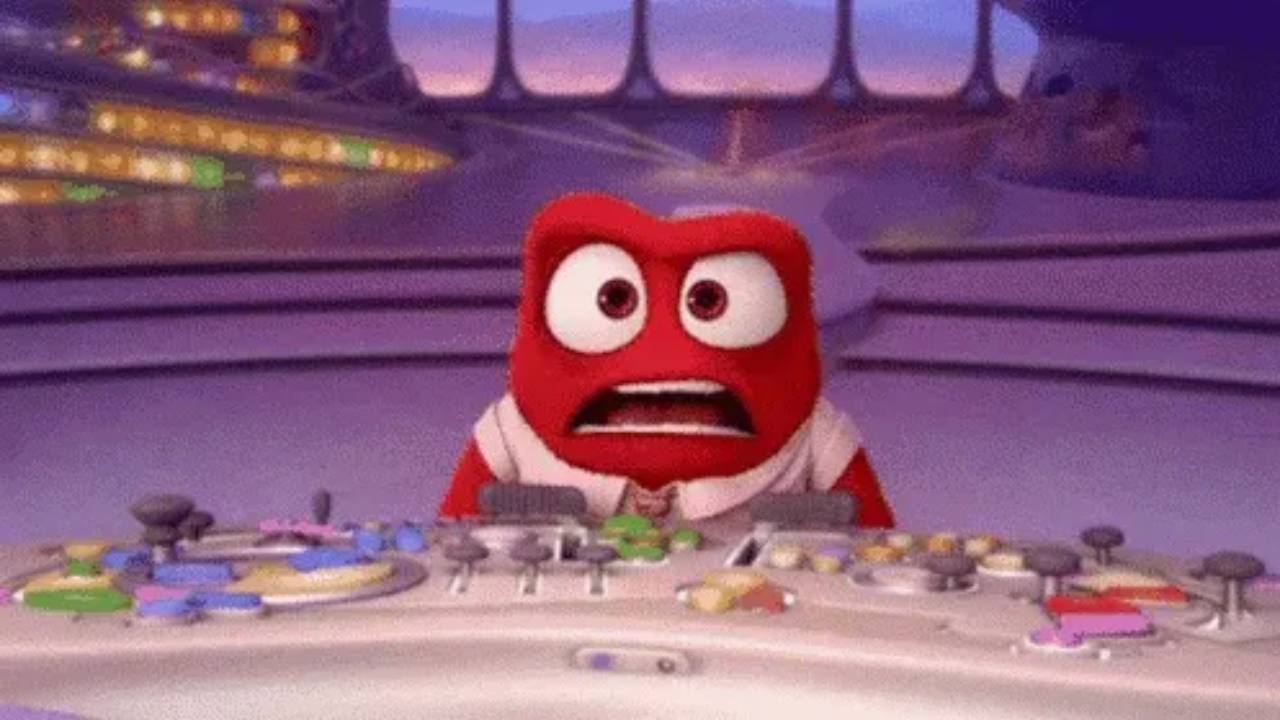


Responses